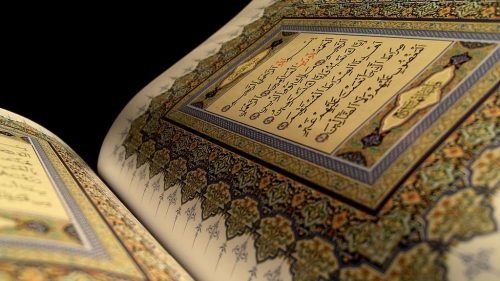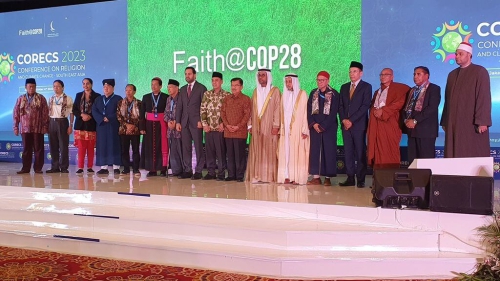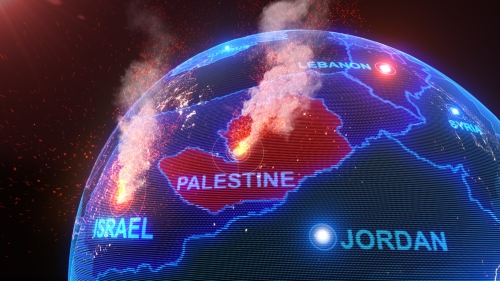The Iraqi drought: A hard hit at the wrong time
A severe drought is the last thing that Iraqis are able to endure following many agonizing years of sanctions. Sanctions imposed upon Iraq have caused unprecedented human catastrophes to the once prosperous nation. But as an Arab poet once said, "Winds may come in ways that ships may not desire," and Iraqis are accepting their fate as patiently and quietly as they always have.
Although the current drought is a predestined disaster that has affected numerous Middle Eastern countries in many undesirable ways, Iraq's fragile and crippled economy has been the one to receive the hardest blow. Many small rivers in Eastern Iraq have completely dried up, leaving hundreds of villages with no other means of survival but to look toward their government. Bankrupt and defeated, the Iraqi government has helplessly sought Arab solidarity and international justice. The United States may have, however succeeded in halting any attempts to ease the hardship on the devastated country.
Problems created by the drought go beyond the farmers' failure to plant most of their crops, such as wheat, cotton and corn. The lethal problem lies in the nightmare of simply finding drinking water. Even though the drought is the worst recorded in Iraqi history since the 1930's, Iraq would have eliminated most of its negative affects if it had access to modern equipment to dig wells. In times of disaster, the government used to convert some of its oil revenue to aid people in their dark days. Yet, the U.S. led U.N. sanctions prohibit the most needed imports and restricts oil exports.
Hence, many Iraqi villagers are said to be digging beneath the dried, cracked riverbeds in search of water. Once water is spotted, local residents line up with water buckets hoping to obtain their share of muddy water. And tragically, four Iraqi men were buried alive between the towns of Najaf and Karbala while digging a well in search of water, Al-Rai newspaper reported on Sunday, Sep 19.
Iraqi agricultural officials have spoken of only 1/8 inch of rain that has fallen on the eastern part of the country this year. What makes matters worse is the fact that the substantial snowfall in the north, which keeps the flow of the rivers at high levels, was recorded low last year.
Ayub Alwan Mansure, a spokesman for the Iraqi Agricultural Ministry said on Tuesday, Sep 14, while briefing reporters, that agricultural production in northern Iraq, "the breadbasket of the nation", is down 60 percent this year. Consequently, the last reserved plan to fight the drought, expected to last for roughly 4 years, has failed before it was even initiated.
Iraq's infrastructure, targeted during and after the Gulf War, has left power supplies severally damaged. It is now receiving another hard-hit by the drought. Several power plants have been shut so far, for water in the dams is insufficient to run the turbines. Dams that are still running generate 500-700 megawatts, instead of their regular capacity of 2,400 megawatts.
The United States, which succeeded in convincing many of its allies that Iraqi president Saddam Hussein is to blame for the Iraq misfortune, might find it a bit difficult to blame Saddam for a natural disaster. Nevertheless, neither the U.S. nor the U.N. sanctions can claim innocence from the devastation caused by the drought.
Although other Middle Eastern Countries such as Jordan have also been hit hard by the drought, a human catastrophe is not yet foreseen. Iraq however, while crippled by sanctions, is expected to fall under the harsh blows of the drought.
Yet, confidently and firmly, poor and isolated Iraqi villages are expected to resist the drought, the sanctions and ceaseless bombardment. Faithfully they are expected to stick together, and quietly they are expected to bury their loved ones.

















